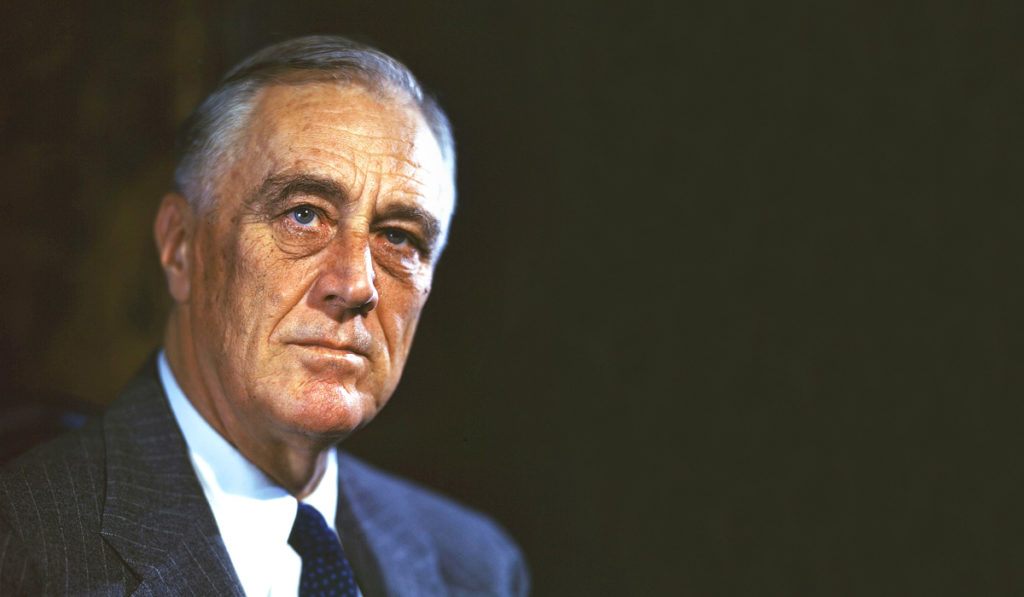Have you ever gotten a glimpse of the Poughkeepsie Journal building? How about the Poughkeepsie post office? What about the Rhinebeck post office? All three were designed in a Dutch Colonial Revival style bought on in part by Franklin D. Roosevelt, America’s 32nd president. FDR was originally from Hyde Park, New York. Weekend strolls around his hometown left Roosevelt for an affinity for Dutch architecture, its design, simplicity and timeless style.
As president, Roosevelt managed to influence the architecture in the Hudson Valley by fighting for building plans that appropriately met his expectations – fieldstone walls and the simple design of early Dutch architecture. The Rhinebeck post office, seen below, was one of the first projects in which Roosevelt interfered, giving his opinion on the architecture and becoming highly involved in its construction. Roosevelt likewise had a big hand on the site and design for the Poughkeepsie post office. FDR initially rejected designs that did not meet his guidelines for Dutchess county architecture. Our very own Poughkeepsie Journal building in fact has been constructed using fieldstone, a nod to Roosevelt’s influential architecture.
These Colonial Dutch public fieldstone buildings became so prominent in Dutchess County that they became in demand in other towns. In Ellenville, residents argued for a design that would use local resources. The final design was in fact approved by Roosevelt himself. Roosevelt also designed the three Hyde Park schools: Hyde Park Elementary, Violet Avenue, and Franklin D. Roosevelt High School (now Haviland Middle School).
FDR was able to create a Dutch Revival phase that influenced others to continue to build in the timeless style and simplicity Roosevelt loved.

